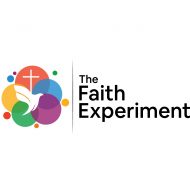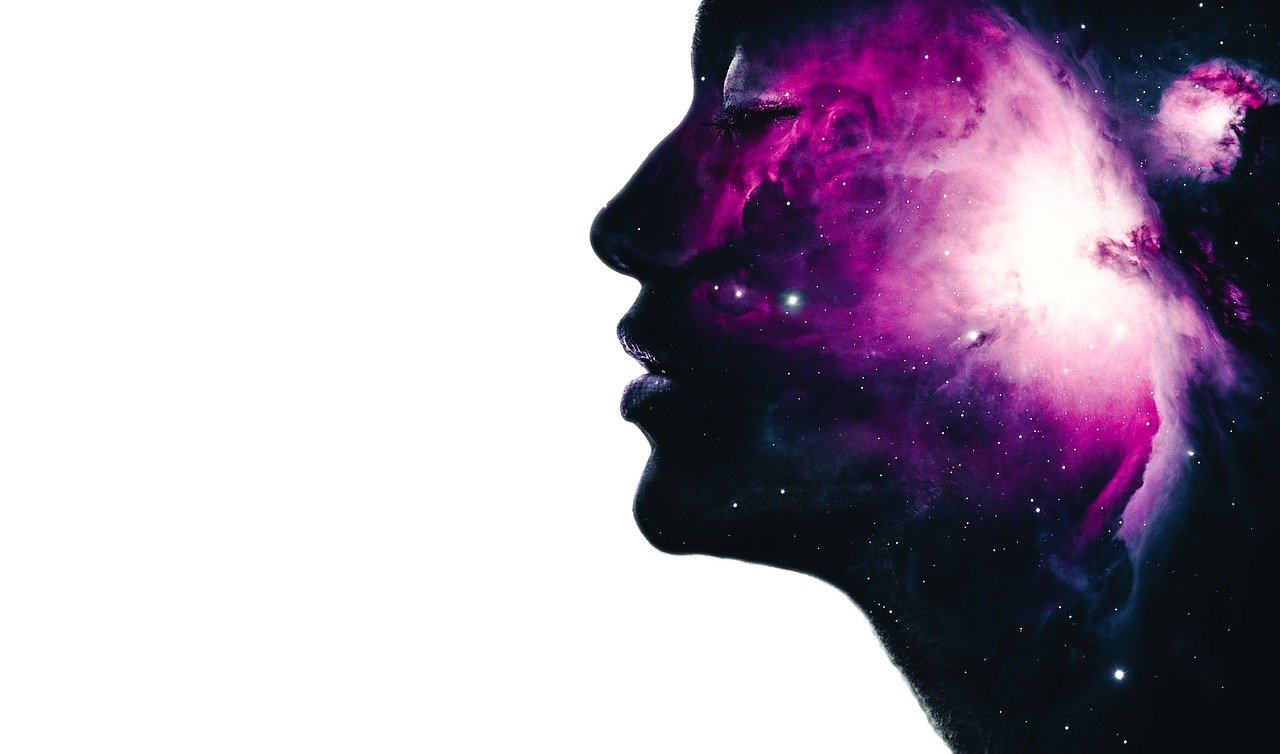Here is a full breakdown of the seven sessions we offer as part of this programme.
Session 1: Can Science and God Co-exist?
The first session serves as an introduction. We ask the participants to think about what science and faith have done for humanity, both good and bad. And where the two seem to come into conflict. We explore how far science has come in explaining the world around us. Will it one day explain everything and leave no room for faith? We also examine advances where we see science coming into alignment with scripture.
Key questions: Does it matter that the Bible largely lacks scientific detail? Can science answer all of the questions that matter to us?
Healthcare Science Focus: How does a Christian healthcare scientist reconcile their faith and their job?
Session 2: What Are the Odds of You?
In the second session, we explore statistics. Would you play a game with a one-in-a-billion chance and expect to win? The universe seems perfectly balanced to produce life. Yet, even a slight deviation in the fundamental constants and forces would make it impossible. Science can describe this, but it can’t explain why.
We discuss the anthropic principle and the dilemma it poses. Scientifically speaking, chaos is much more likely than order. Yet we see order on every scale, from DNA molecules to galactic clusters.
Key questions: Does life simply need the right conditions – or is there more to it?
Healthcare Science Focus: How can we use statistics to help diagnose and treat patients?
Session 3: Genesis – Creation or Just Creative?
We all know the story. On the first day… and within a week, creation was complete. Science tells us something very different: it took billions of years to get to where we are now. Session 3 explores what biblical and scientific accounts tell us of creation, where they agree and disagree.
Those timescales are often cited in arguments against holding a faith. And if the first page of the Bible is inaccurate, how can we trust the rest? We look at possible answers.
Key questions:
Do we have to reject either account?
Can we reasonably interpret what these accounts say to find agreement?
Healthcare Science Focus: Radiation is a key piece of evidence for the Big Bang theory. How can this natural phenomena be used for patient benefit?
Session 4: The Evolution Question
This is perhaps the greatest topic of debate between science and faith. The theory of evolution explains how life came to be in such beautiful variety. Do we need God to answer such questions anymore? Session 4 reviews the theory of evolution and looks at what it actually says, dispelling commonmisunderstandings..
Key question: Once we know what evolution is, can we accept it as the mechanism by which God created the species?
Healthcare Science Focus: How might the consequences of evolution provide challenges in the care of patients?
Session 5: Would you Trust a Humpback Whale?
In September 2017, something remarkable happened near a small island in the Pacific. A snorkeler was swimming along, unaware that a tiger shark lurked nearby. Fortunately for the snorkeler, a pair of humpback whales came to the rescue. One saw off the shark and the other protected the snorkeler with its fins. It makes sense for animals to have many qualities that give you an advantage in survival. But why would a whale risk its life to save a member of another species? Session 5 explores what separates us from the animals.
The Bible tells us that humans are special and that we’re different from other animals. For example, we’re made in God’s image. We have moral law, free will and stewardship over the earth and its creatures.
From a science perspective, the separation between animals and humans seems to be shrinking with each new discovery. Animals have demonstrated basic tool use, basic language and perhaps altruism.
Key question: Are we just improved animals? Or is there something truly special about humans?
Is the incredible human body a vehicle for something separate and eternal?
Healthcare Science Focus: Investigating animal behaviour requires lots of people with different expertise to come together. How do we employ a similar principle to ensure the best patient care in a hospital?
Session 6: Who Are You?
The human body is an extraordinary machine, running on chemical reactions and electrical impulses. The brain is the most complex computer system known to exist. So much of it can now be explained by science, but are we more than an incredible machine? Is the soul real or an illusion made of electrical signals?
Session 6 explores where the ‘person’ lives in the body. What we can know of the brain and mind beyond what chemistry and electronics say?
Key questions:
Are we more than the sum of our parts?
Is the incredible human body a vehicle for something separate and eternal?
Healthcare Science Focus: We can use magnetic resonance imaging (MRI) to delve into the make-up and function of our brains. How is it we can do this and how are they used in patient care?
Session 7: Can God Break Science?
In the final session, we explore events that stand alone – it’s time to look at miracles. Could science ever explain the parting of the Red Sea? How about a boy being born without genetic material from a father? A resurrection from the dead?
Our universe is built on scientific laws that bring understandable, explainable order. All of our day-to-day life is built on these laws – from every breath to every webpage we look at on our phones. Miracles represent a violation of these laws and a defiance of science.
Key question:
Could and would God cause a one-off exception to the laws He had written?

